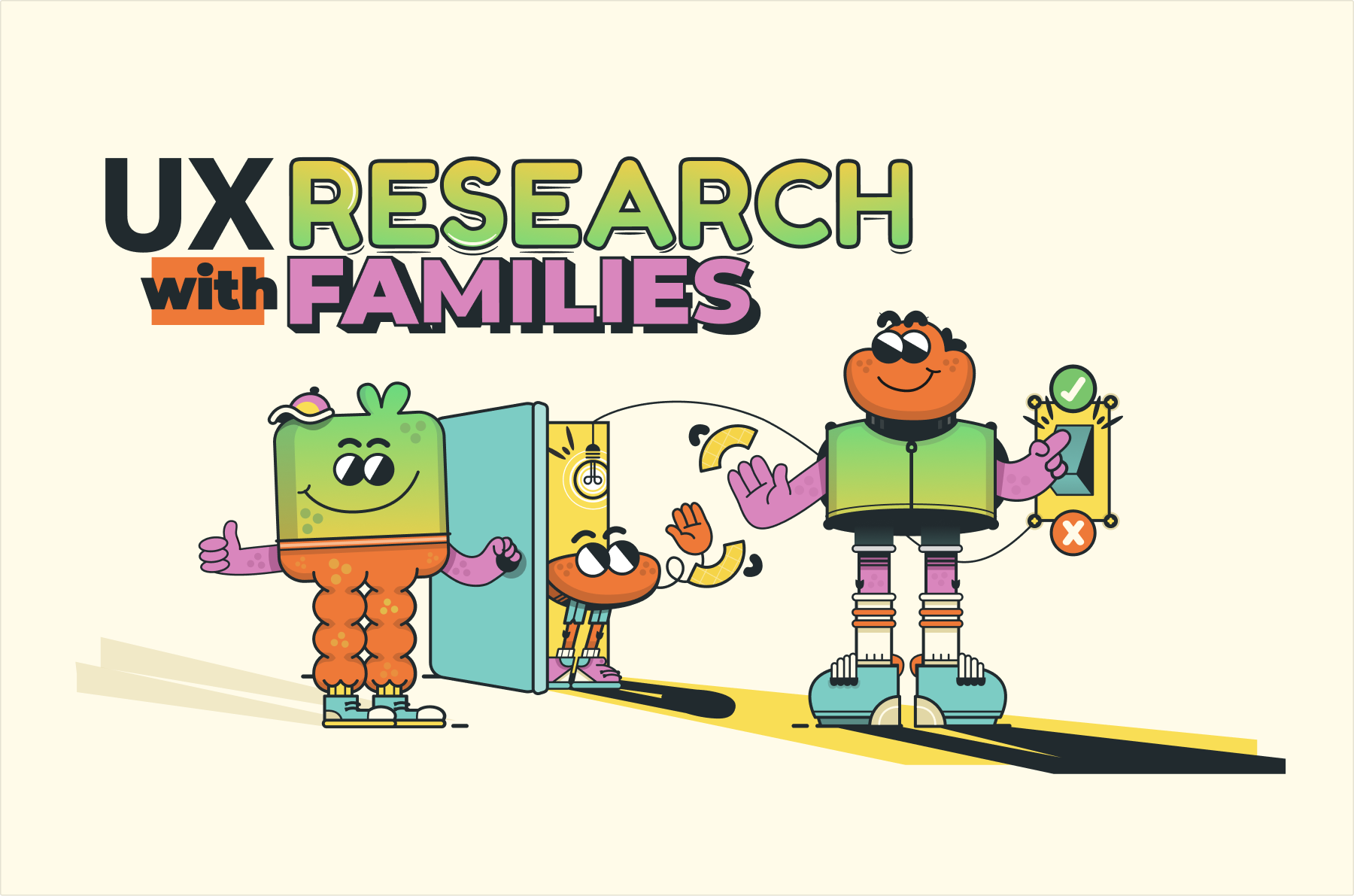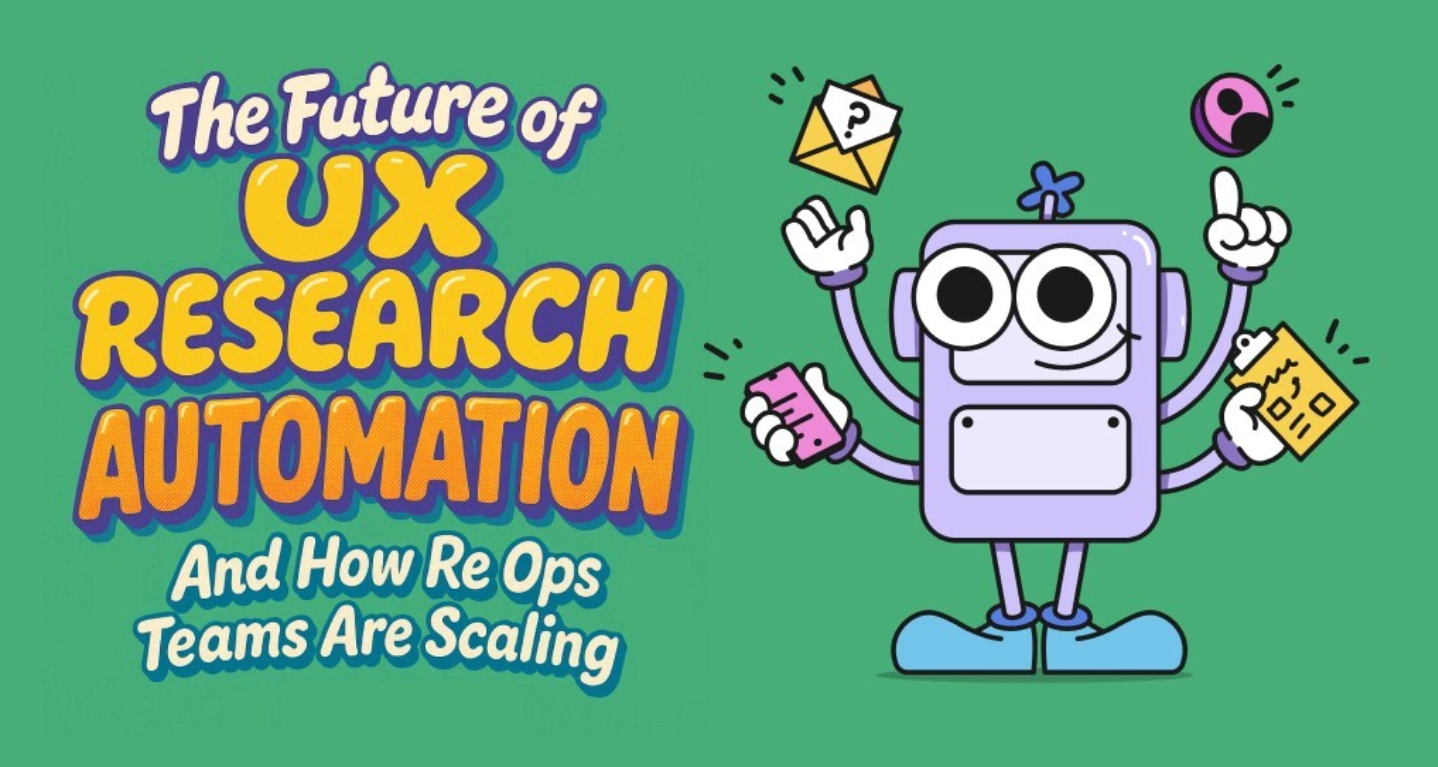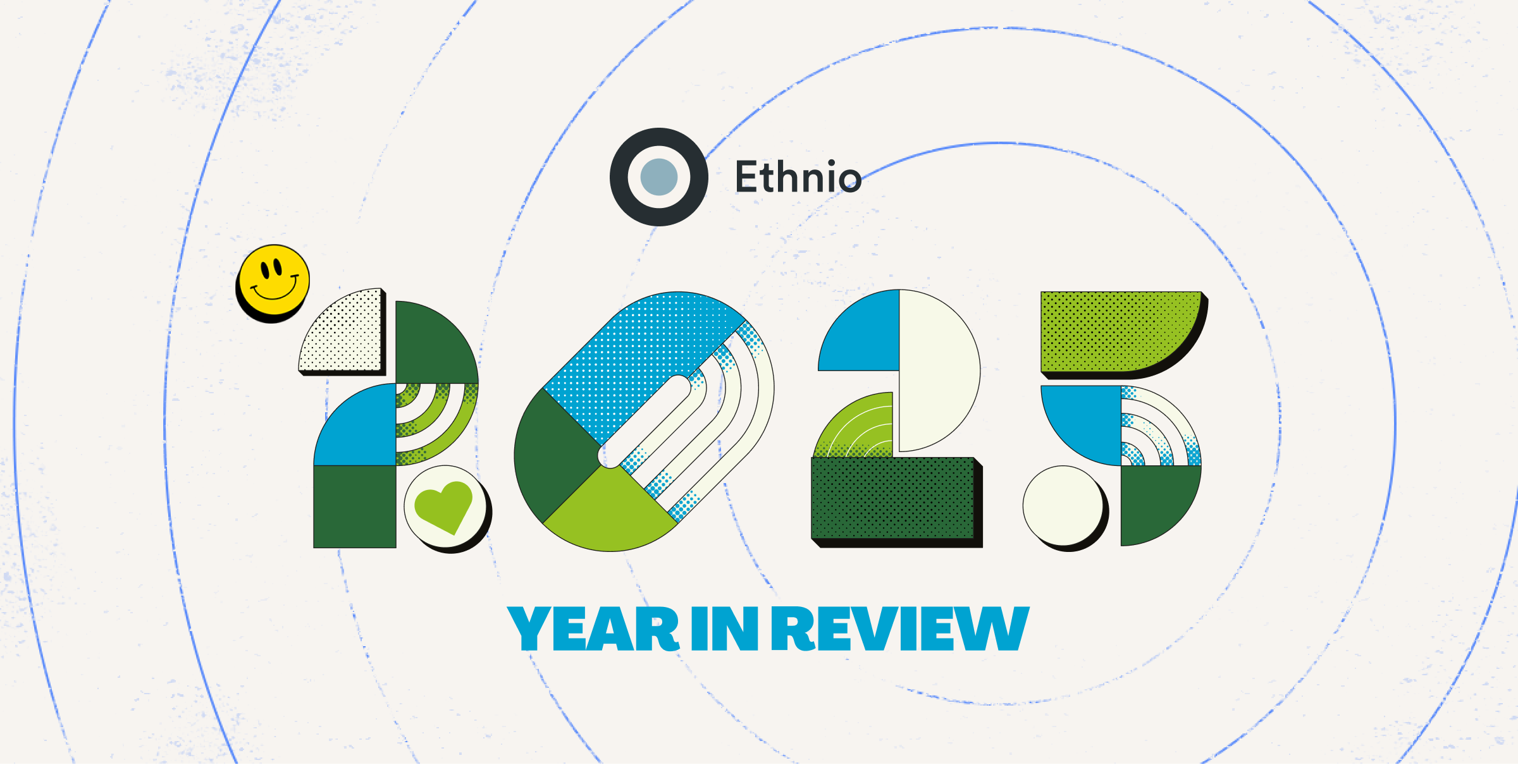Whether you're leading a growing product team at a startup, navigating complex research environments at a large org, or working on the timeless challenge of “research impact,” Loi Sessions Goulet has been there. With experience building and leading research teams at Meta, Tripadvisor, and multiple startups, as well as product and content management roles, she understands first-hand the challenges within the industry.
Currently, as a Research Advisor & Consultant, Sessions bridges the gap between the rigor of PhD-level research and the realities of fast-paced environments and growing teams. She's been very open sharing these five key lessons learned throughout her long-standing career in UX research. Designed to equip you with the knowledge and skills you need to navigate research challenges, build high-performing teams, and drive meaningful growth.
1. Adapting to Different Company Stages
As your company evolves, the way you approach user research needs to evolve too. Pre-launch companies grapple with unique challenges and require different strategies compared to those in growth stages.
The Early Days
Pre-launch, your primary question becomes: "Will people use this?" This stage requires extensive unmet needs assessment and data collection to prioritize the vast array of potential new features. Drawing from her experience at Facebook- first as a UX researcher during the company's early days. Integrating user research into product development was crucial, providing insights to shape the initial offering.
Layer experimental data to understand the "why" behind user behavior and use that knowledge to inform strategic decision-making in product development.
PMF City
Once you've launched and are striving for product-market fit, the focus often shifts to: "Why aren't more people using this? In the later stages when Loi was manager of the pages research team at Meta, her research shifted to integrating quantitative insights with the qualitative. You can now layer experimental data, to understand the "why" behind user behavior and identify high-impact experiments. For example, understanding why users aren't engaging with specific features and using that knowledge to inform strategic decision-making in product development.
2. Looking Beyond Product & Design
Stop thinking of research as confined to just product and design! It's critical to break down silos. Looking for ways to further the initiatives of sales and marketing teams is a great opportunity as these business-critical areas hold untapped potential for valuable insights that can significantly impact your company's user experience (UX) and overall success.
For example, you could work with sales teams to understand customer pain points and objections or collaborate with marketing teams to evaluate the effectiveness of campaigns. By expanding your research scope, you gain a more holistic understanding of the user journey and uncover opportunities to improve your product and user experience at every touchpoint.I think speed is going to be one of the biggest levers that the field is going to need to pull to regain footing as a crucial part of development and innovation. So that research can not only *inform* decision making that is in progress, but also instigate.
3. Working Lean and Scrappy
Feeling overwhelmed by resource limitations while aiming to deliver impactful research? Embrace "lean and scrappy" research!
Loi emphasizes the importance of speed and agility. She argues that "speed is one of the biggest levers" for research to regain its critical role in driving innovation. This doesn't just mean informing decisions, but also actively sparking new directions for your product and strategy.
But what about those aspirations for leadership? Loi suggests a different approach. As teams operate leaner, shift your focus from building empires to building impactful frameworks and fostering open conversations within your organization. This ensures that research insights are readily available and actionable for everyone, not just a select few.
Efficient tools and workflows can be valuable allies. Here at Ethnio, we help research teams streamline recruitment, data collection, and analysis, allowing you to work smarter, not harder. This ultimately leads to delivering valuable insights faster and reclaiming your rightful seat at the innovation table.
4. Choosing Your Flavor of Research Leadership
A framework to help you navigate your research leadership journey is worth its weight in gold. Here are three distinct paths to consider:
 Individual Contributor (IC)
Individual Contributor (IC)
This path empowers you to sharpen your technical research skills and become an expert in conducting studies, analyzing data, and transforming discoveries into actionable strategies. ICs thrive on contributing their unique perspective and "going off mute" to share valuable insights.
Hybrid
This path offers a dynamic blend of individual contribution and leadership responsibilities. Hybrid researchers actively engage in technical research while also mentoring and coaching junior researchers. They excel at communicating effectively and influencing others to ensure both individual and team success.
People Management
This path allows you to become a leader and builder of research teams. People managers prioritize cultivating a thriving research culture and empowering individuals to reach their full potential.
By reflecting on your strengths, aspirations, and preferred work style, you can:
Identify the path that resonates most with your unique goals and values.
Actively develop the necessary skills and experience to thrive in your chosen path.
Gain a clear understanding of the rewards and challenges associated with each option.
5. Uncovering the 'Why'
As a research leader, you know the importance of understanding user behavior. But are you going beyond the "how" and delving into the "why"? Uncovering these deeper motivations empowers leaders to make strategic decisions informed by user needs, optimize features for maximum engagement, and foster a research culture of critical thinking and user-centric design, ultimately resulting in a product users love and a powerful research team.
Empowering Research Teams
Building a strong research team is a crucial responsibility of research leadership. Empowered by Loi's insights and equipped with the right tools, you are positioned to foster a thriving research team that delivers valuable user insights.
Speaking of the right tools, we do have to mention that Ethnio can empower your team to free up time for strategic thinking and analysis through streamlined research ops workflows.
With the right leadership, research teams can drive product success throughout product and design teams. This journey of continuous learning and adaptation empowers you to navigate the complexities of the field with finesse, cultivate a culture of innovation, and ultimately, make a lasting impact as a leader.
In short, empower your researchers, empower your leadership.




